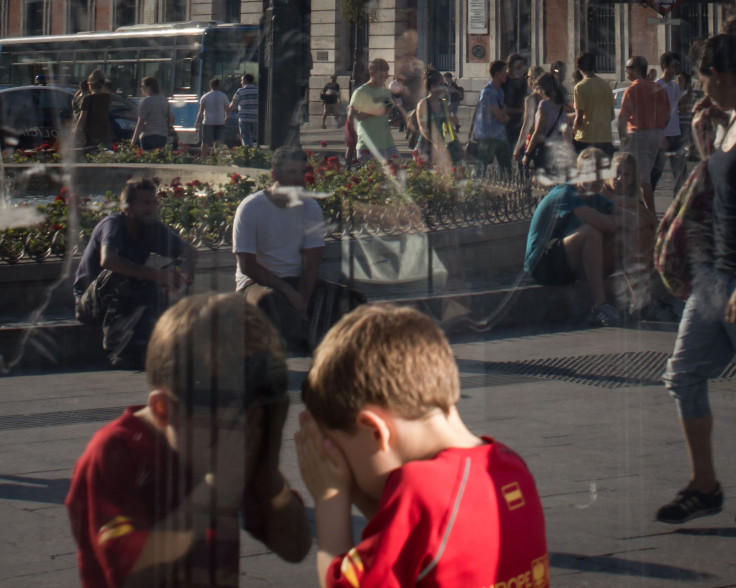Pediatric Bipolar Disorder Treated With Ketamine

As some psychologists shy from labeling people as mentally ill, arguing that problems exist along a continuum, one prominent psychiatrist is pushing to add another: "The Bipolar Child" (2007).
The director of the Juvenile Bipolar Research Foundation and researcher at the Albert Einstein College of Medicine, Demitri Papolos wrote a book about children whom he believes experience a subtype of bipolar disorder he calls the "fear of harm" profile. While the mental health community debates whether to use bipolar as a pediatrics diagnosis, Papolos points to studies suggesting hundreds of children may suffer from an illness characterized by sleep disturbances with frequent nightmares, extreme reactions to behavioral limitations, and a body temperature that often runs unusually high.
Studies had shown that these children appeared to be distinct from others with bipolar disorder, and common medications for anxiety and mania would not suffice. The kids were functioning with a fight-or-flight response on a hair trigger.
In treating such children, Papolos first looked to medications that would affect anxiety while simultaneously lowering body temperature. "And lo and behold there were animal studies showing that ketamine did just that," Papolos says.
Abused by some as a recreational drug, ketamine is approved by the US Food and Drug Administration as an anesthetic, with research during the past few years showing efficacy in cases of severe depression — often with near-instant results.
Papolos says he's treated 60 or so kids with ketamine and all but two have responded with dramatically improved lives. In those two cases, the drug also failed to lower body temperature along with anxiety levels, he said.
The children receiving ketamine in this experimental treatment are young, including a 7-year-old girl who had severe nightmares and night terrors, separation anxiety, and psychotic symptoms. By chance, the girl had been scheduled for a dental procedure using ketamine as an anesthetic. "She got ketamine, and for two weeks she was completely asymptomatic," Papolos says. "We had never seen anything like it before." That was five years ago. Today, the girl is still taking ketamine and is still free of symptoms, Papolos says.
However, the study group remains fairly small at a few score and Papolos is hoping to convince other researchers to join him in treating pediatric bipolar disorder with an inhaled form of the drug.
A radio interview with Papolos may be found on NPR.
Published by Medicaldaily.com



























